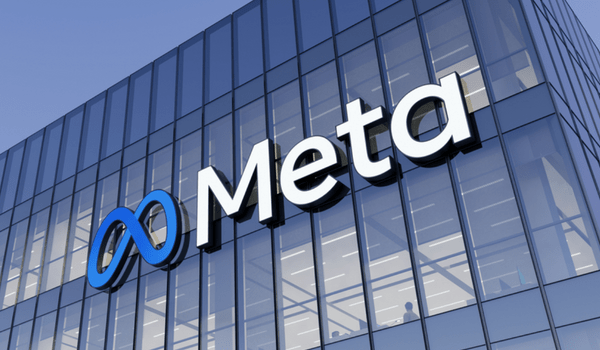According to reports on pay equity in the UK and Ireland, women working for Meta, formerly known as Facebook, are paid substantially less than their male counterparts. This applies to both hourly workers and salaried employees. The company also hands out smaller bonuses to women. While most of Meta’s employees are in the United States, where pay gap disclosures are not required, the company has around 3,000 workers in Ireland and about 5,000 in the UK, making up approximately 10 per cent of its current global workforce. However, a new round of layoffs is expected soon.
In Ireland, the most recent report on Meta’s pay gap, which was released quietly in December as part of a new law in the country, revealed that in 2022, women working across Meta in Ireland were paid on average 15.7 per cent less than men at the company. The average bonus for women was 43.3 per cent lower than those that go to men. In the UK, the pay gap is smaller but still prevalent. A report from last year sharing details of pay data from 2021 shows the average woman being paid 2.1 per cent less than the average man. The average bonus for women too showed a substantial dip with women getting 34.8 per cent less bonus than paid to men.
The pay gap at Meta in the UK is actually worse than it was when the company first started reporting figures in 2018. At that time, women were paid on average 0.9 per cent less than men, although their bonus pay was 40 per cent less. The base pay at Meta often starts around USD 150,000 a year, so a woman earning that much in Ireland can expect that a man is making about USD 23,000 more than her. A woman in the UK can expect a man to make about USD 3,000 more.
Meta has been striving towards a more diverse workforce for several years, with a goal of having half of its global workforce composed of women and individuals from underrepresented groups. However, the company has fallen short of this goal, with its most recent diversity report showing that women only make up 37 per cent of the workforce, up by only one per cent since 2018. Initially planning to reach its goal by 2023, the company has now pushed back the timeline to 2024. Despite this, a spokesperson for Meta claims that the company regularly conducts pay equity analysis and has pay equity across genders globally and by race in the US for people in similar roles, after accounting for factors such as location, role, and level.
However, the reports show that the company still faces a pay gap issue. The root of the problem, according to Meta, is the low representation of women in technological roles. In Ireland, although the workforce is almost equally split between men and women, men hold a larger share of high-level and tech-focused jobs. As these roles are typically higher paying, the pay gap is more pronounced. Likewise, rewards such as bonuses and equity awards for these job positions are comparatively greater.
In the UK, Meta admits to having an ongoing problem of unequal representation in its ranks. The majority of its workforce is dedicated to engineering, with a larger number of men working at the company overall, particularly in senior technical roles. The company claims that the talent pool for these roles continues to be predominantly male.
In conclusion, women working for Meta in the UK and Ireland are being paid less than their male counterparts with the company also struggling to meet its diversity goals.



